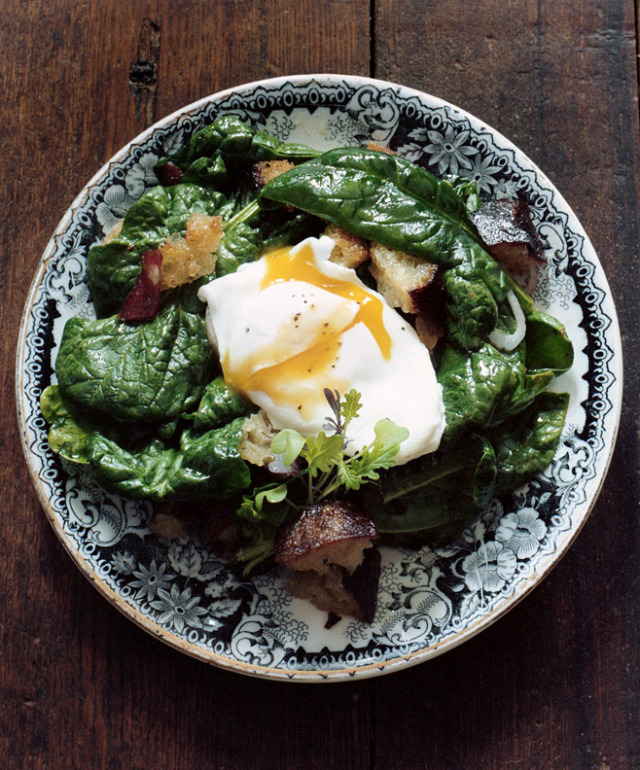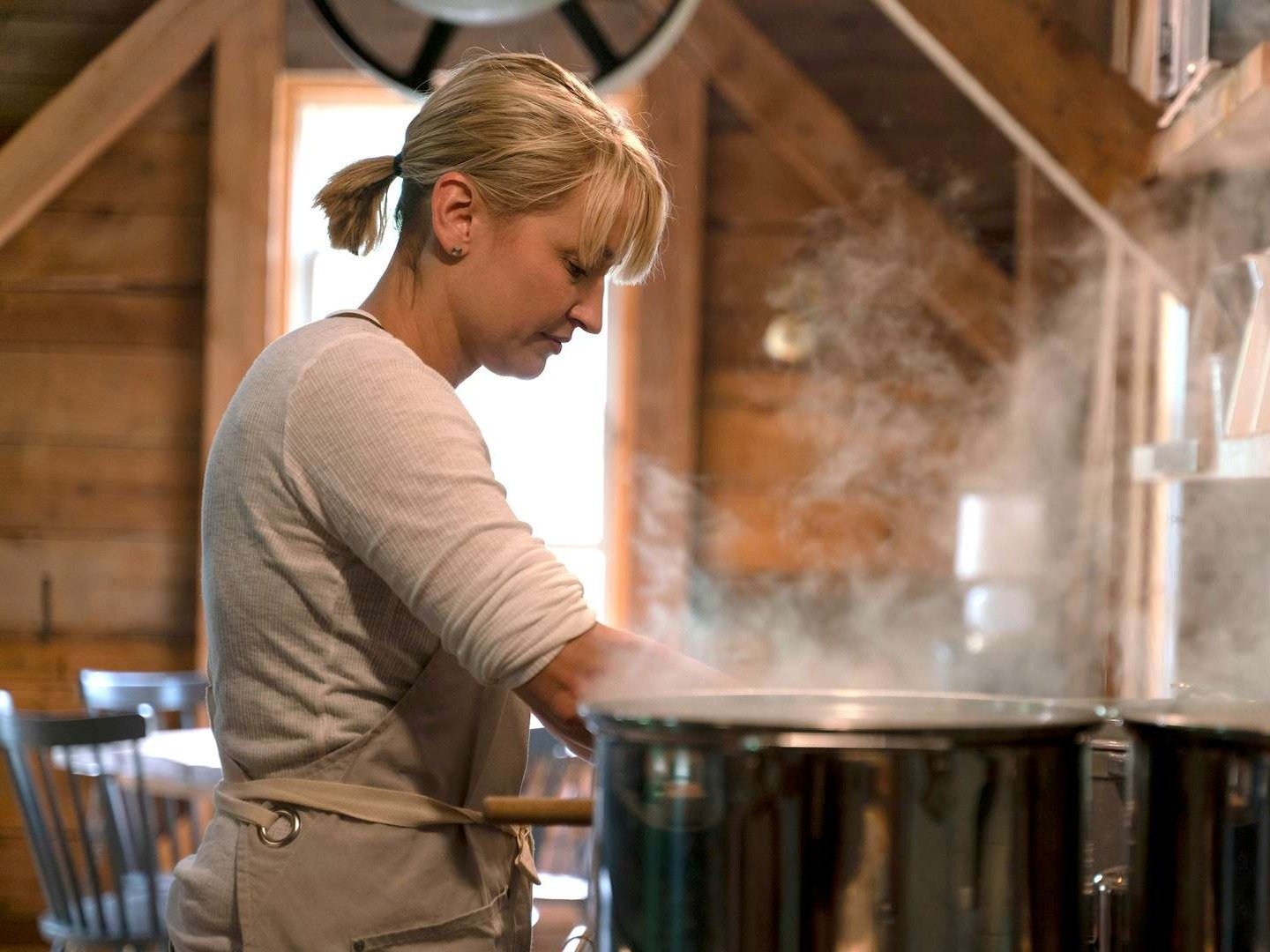There’s something magical about The Lost Kitchen, a show that takes us back to the heart of traditional cooking and the beauty of nature. As fans eagerly await the fourth season, we’re reminded of how this series has redefined culinary entertainment by blending food, storytelling, and culture into an unforgettable experience. This season promises to bring even more depth, exploring the origins of recipes, the people behind them, and the stories that make food so much more than just sustenance.
From the first episode of Season 1, The Lost Kitchen has captivated audiences with its unique approach to cooking shows. It’s not just about recipes—it’s about understanding the history, culture, and personal stories that surround every dish. With each season, viewers are taken on a journey that transcends the kitchen, delving into the lives of local communities and the natural world that inspires the dishes.
As we dive into The Lost Kitchen Season 4, it’s clear that this series continues to evolve, offering fresh perspectives and deeper insights into the culinary traditions that define our world. Whether you’re a food enthusiast, a history buff, or simply someone who loves a good story, this season has something for everyone.
Read also:Elvis Grandkids A Closer Look At The Legacy And Lives Of Lisa Marie Presleys Children
Table of Contents
- Introduction to The Lost Kitchen
- Season 4: What to Expect
- The Unique Concept of The Lost Kitchen
- Key Characters and Hosts
- The Importance of Traditional Food
- Culinary Exploration in Season 4
- Season 4 Filming Locations
- The Impact of The Lost Kitchen
- How to Watch Season 4
- Conclusion and What's Next
Introduction to The Lost Kitchen
What Makes This Show Unique?
The Lost Kitchen is not your typical cooking show. It’s a celebration of tradition, culture, and the art of cooking. Unlike other shows that focus solely on techniques or competitions, The Lost Kitchen dives deep into the stories behind the food, the people who create it, and the places where it originates. This season, viewers can expect more of the same, but with new twists and exciting discoveries.
In Season 4 of The Lost Kitchen, the show continues to explore the rich tapestry of culinary traditions from around the world. Each episode is crafted to bring viewers closer to the heart of the dishes, offering insights into the history, culture, and personal stories that make them so special.
Season 4: What to Expect
New Episodes, New Adventures
With The Lost Kitchen Season 4, fans can look forward to a series of episodes that promise to be both informative and entertaining. The show will continue its tradition of showcasing unique recipes, cultural insights, and stunning locations. Here are some highlights to anticipate:
- Exploration of lesser-known cuisines from remote regions.
- Interviews with local chefs and food experts.
- Behind-the-scenes looks at how traditional dishes are made.
- A focus on sustainability and the impact of modern practices on traditional cooking.
Each episode is designed to take viewers on a journey, not just through the kitchen, but through the history and culture that surrounds the food.
The Unique Concept of The Lost Kitchen
More Than Just Cooking
What sets The Lost Kitchen apart from other cooking shows is its focus on storytelling. Each episode is a narrative that unfolds through the preparation of a dish, revealing the deeper meaning behind the ingredients and the methods used. This approach not only educates viewers about different cuisines but also connects them to the people and places that inspire the food.
In Season 4 of The Lost Kitchen, the show continues to emphasize the importance of understanding the context in which food is created. By doing so, it fosters a deeper appreciation for the culinary arts and the traditions that sustain them.
Read also:Unveiling The Depths Of Hidden Love A Comprehensive Exploration
Key Characters and Hosts
Meet the Hosts
At the helm of The Lost Kitchen is a team of passionate hosts who bring their unique perspectives to the show. These individuals are not just chefs; they are storytellers, historians, and cultural ambassadors. Their expertise and enthusiasm shine through in every episode, making the show both educational and entertaining.
Some of the key characters returning for Season 4 of The Lost Kitchen include:
- Evan Hanczor, a renowned chef and advocate for sustainable food practices.
- Amelia Posada, a culinary historian with a deep understanding of Latin American cuisine.
- John Newton, an expert in traditional European cooking methods.
Each host brings their own flair and knowledge to the show, ensuring that every episode is a rich and varied experience.
The Importance of Traditional Food
Why Tradition Matters
Traditional food is more than just a collection of recipes; it’s a reflection of a culture’s history, values, and way of life. In Season 4 of The Lost Kitchen, the show delves into the significance of preserving these traditions, highlighting the role they play in maintaining cultural identity and heritage.
By exploring traditional recipes and cooking methods, The Lost Kitchen helps to keep these practices alive, ensuring that they are passed down to future generations. This not only enriches our understanding of different cultures but also promotes diversity and inclusivity in the culinary world.
Culinary Exploration in Season 4
New Cuisines, New Insights
The Lost Kitchen Season 4 takes viewers on a culinary adventure, exploring cuisines from around the globe. From the vibrant street food of Asia to the hearty stews of Africa, each episode offers a taste of the world’s diverse culinary traditions. Here are some of the cuisines featured in this season:
- Mexican cuisine, with a focus on traditional mole recipes.
- Italian cuisine, highlighting the art of pasta making.
- African cuisine, showcasing the use of indigenous ingredients.
Through these explorations, viewers gain a deeper appreciation for the diversity and complexity of global cuisine.
Season 4 Filming Locations
Where in the World?
One of the highlights of The Lost Kitchen Season 4 is the stunning locations where the show is filmed. From picturesque villages to bustling cities, each location offers a unique backdrop for the culinary adventures that unfold. Some of the filming locations in this season include:
- Oaxaca, Mexico, known for its rich culinary heritage.
- Tuscany, Italy, famous for its wine and pasta.
- Nairobi, Kenya, where traditional and modern cooking collide.
These locations not only provide beautiful scenery but also add depth to the stories being told, enhancing the viewer’s experience.
The Impact of The Lost Kitchen
Changing the Culinary Landscape
Since its debut, The Lost Kitchen has had a significant impact on the culinary world. By focusing on traditional recipes and cultural contexts, the show has inspired a new generation of chefs and food enthusiasts to explore the roots of their favorite dishes. In Season 4 of The Lost Kitchen, this impact continues to grow, as the show reaches new audiences and influences culinary trends.
According to a report by the Statista, cooking shows have seen a surge in popularity over the past few years, with audiences increasingly seeking content that offers both entertainment and education. The Lost Kitchen has been at the forefront of this trend, setting a new standard for culinary programming.
How to Watch Season 4
Streaming Options
For those eager to watch The Lost Kitchen Season 4, there are several options available. The show is streamed on various platforms, including:
- Netflix, offering high-quality streaming for subscribers.
- Hulu, providing access to past seasons and exclusive content.
- Amazon Prime Video, with a growing library of culinary shows.
Viewers can also check local listings for broadcast times on networks such as PBS, which often airs The Lost Kitchen as part of its programming lineup.
Conclusion and What's Next
The Lost Kitchen Season 4 promises to be another exciting chapter in the show’s journey. With its unique approach to cooking and storytelling, the series continues to captivate audiences and inspire a new appreciation for traditional cuisine. As we look to the future, it’s clear that The Lost Kitchen will remain a vital part of the culinary landscape, offering insights and inspiration to food lovers everywhere.
We invite you to join the conversation by leaving a comment below or sharing your thoughts on social media. Don’t forget to explore our other articles for more insights into the world of food and culture. Together, let’s celebrate the beauty of culinary traditions and the stories they tell.


